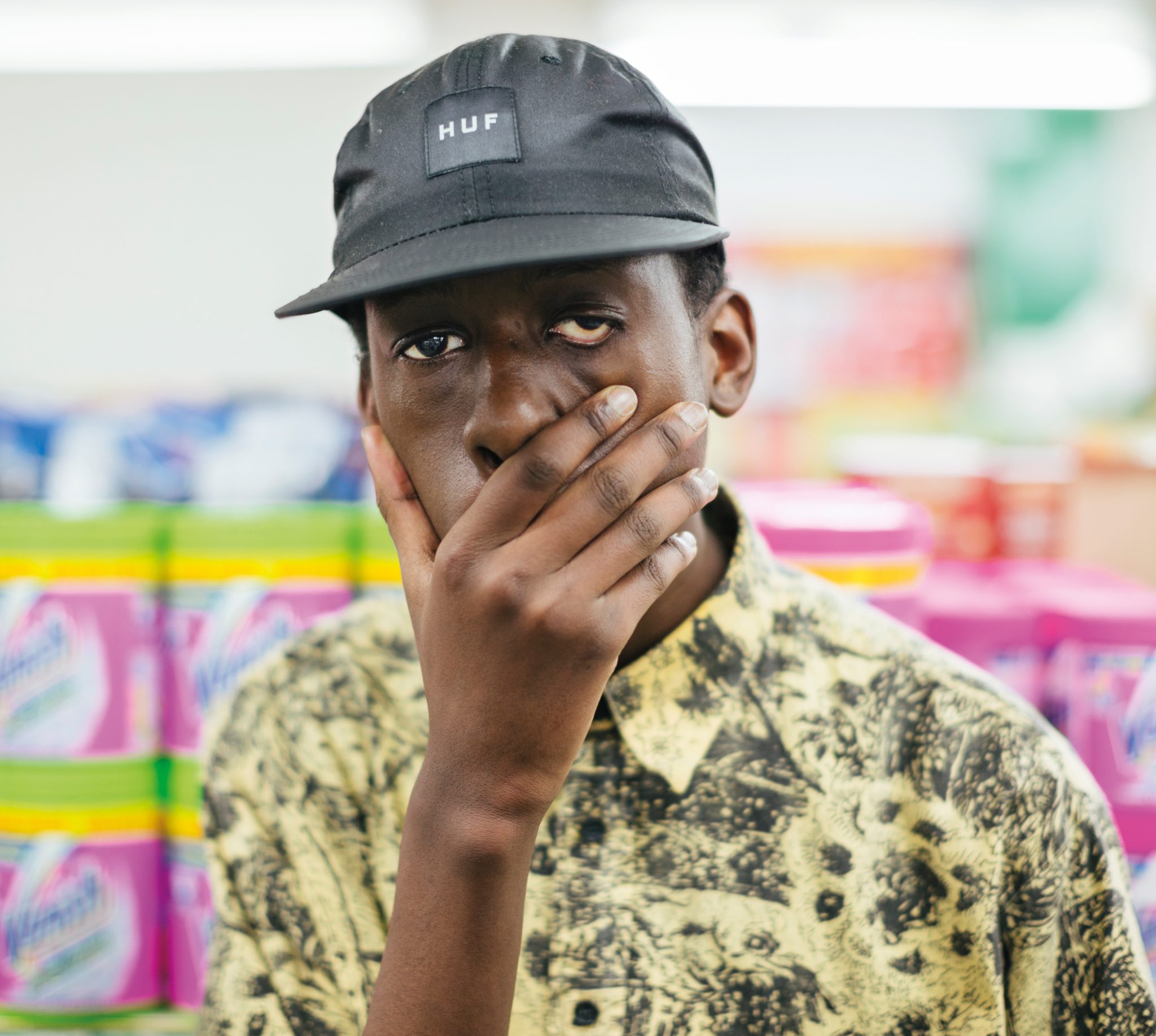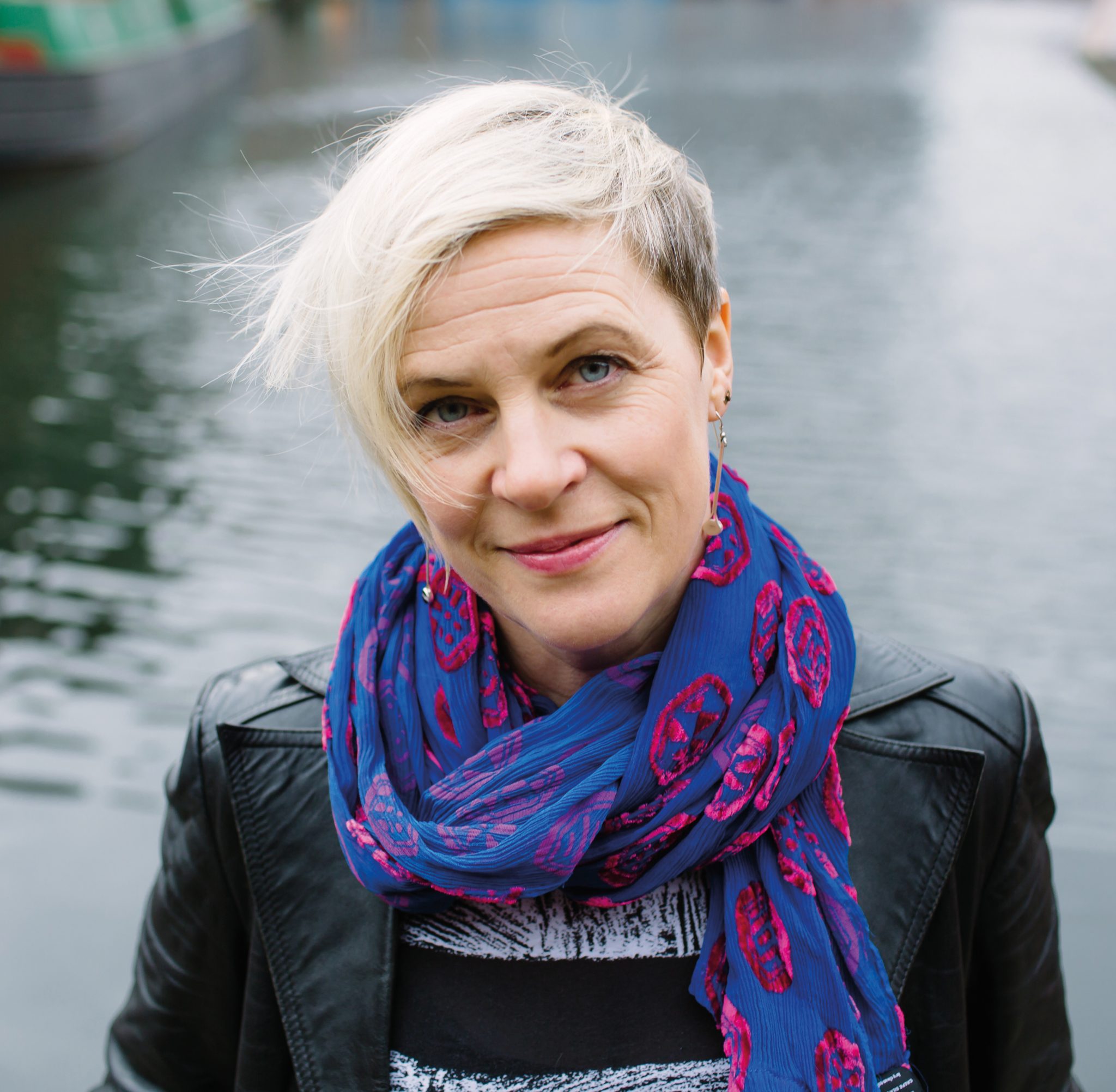A tried and tested way of marketing the co-op difference has been to “tell the co-op story”.
Whether it’s celebrating the founding principles of the movement, exploring its ethical role in the community and wider world, or demonstrating its flexibility and resilience as a business model, a narrative offers a simple, engaging and relatable way to put the message across. It’s also one which chimes with the people-centric ideals of the co-op model.
So perhaps it is no surprise that, with the recent boom in performance poetry and other forms of spoken word which tap into centuries-old oral storytelling traditions, co-ops and mutuals have led the way in adopting the artform to its marketing strategies.
Examples include the ad campaign for the Nationwide Building Society, the annual poetry competition run by Divine Chocolate, and the Co-op Group’s choice of poet Lemn Sissay as the ambassador for its member pioneers scheme.
Recently, Co-operatives UK commissioned a short film from Blake House Filmmakers Co-op, which featured Isaiah Hull, who emerged from Manchester poetry collective Young Identity.
Simon Ball from Blake House says: “We chose to commission a poem for this piece as we wanted to change the language used to describe co-operatives from a jargon-based technical, business-centric approach to one that captures the essence and spirit of the movement.
“We didn’t think of the piece in marketing terms as we wanted to celebrate the diversity and richness of the movement without even thinking of a ‘co-op difference’.
“In our experience the co-operative movement has a branding issue in differentiating itself from the Co-op Group and Bank because of their use of the name and their prevalence in society. We wanted to draw attention to the diversity of co-ops to the wider world, the great things they can achieve and the values that they hold and a poem was the perfect medium to present this in combination with the other elects present in the film.”
The spoken word scene is not just a good fit with the diverse nature of the movement, it also has a strong grassroots element, drawn from small, self-organised events in libraries, pubs, cafes and community centres – which again mirrors the strong community base of the co-op movement.
“The grassroots element to production was an important aspect for us to include,” says Simon. “We don’t see the poem as a separate entity from the film and vice versa, but as one cohesive piece that works because each element of the process complements the other.

“Filming with over 70 co-operators, we were able to collaborate with each featured co-op to show their essence and heart by not using traditional marketing setups, but a more stylised documentary approach that was based on the words of the poem. In turn, this methodology was presented to the poet before the commission in anticipation of this method of filmmaking.”
He adds: “We believe strongly in the positive and transformational impact co-ops have in the world and this commission was a brilliant opportunity for us to try to begin articulating this impact. We believe that focussing on the personal and collective, rather than enterprise is essential for co-operatives. This is how we became aware of the movement and we see it as an integral part of how cooperatives should speak to the wider world.”
One of the poets to feature in the ad campaign developed by creative agency VCCP for the Nationwide, Jo Bell, says its mutual ethos was one reason for choosing to join the project.
She tells the News: “I did think about the ethics – I did some homework on the Nationwide and it’s amazing how the people who work at the Nationwide really believe in it. It’s not a bank, its a mutual.
“When I did first ad, I looked at the history, I talked to people who looked after the brand and they were genuinely committed to mutualism and saving safely. I was struck by the idea it was specifically so people who had been excluded by banks could be given a way in.”
And Jo used the narrative aspects of poetry to tell an old and significant co-operative story – that of Elizabeth and Alfred Idle, who became the first people to sign a mortgage with the building society in 1884.
“These were genuinely people who wouldn’t have been able to borrow anywhere else,” she says. “They were doing this to make the lives of their nine children better.”
Jo was originally asked to write about Alfred but realised that his wife also played a crucial role in the story. “I realised Elizabeth was working in a circulating library for working people,” she says. “She was involved too – so I said, I’m bringing her in, her name is on it as well.”
Asked why poetry had an appeal to co-op and mutuals in terms of marketing, she says: “It’s a short cut to emotion – and perhaps financial institutions are harder to relate to in emotional ways. And why mutuals? I suppose the easy answer is that they’re nicer people.”

She adds: “I felt more comfortable on the project when I realised they were sincerely talking about solidarity. People at Nationwide told me they’ve worked elsewhere in the financial sector and found Nationwide a much nicer place to work.”
And it’s not just a one way street: Jo says there is much that people working in the arts can learn from the co-op movement and its values.
“We are all living such precarious lives in the arts. We’re all in the arts in one way or another because there is one individual thing we want to express – but what I’d like to see is a bit more solidarity over things like pay.
“You have all those people taking free gigs and so on, because it’s good for exposure, and they can end up and feeling isolated. It would be good if we could get together so people feel more supported – in that sense building a community of small players so people feel part of something bigger.”

